Should We Give Cash to the Homeless?
- Franci Joncic
- Aug 17, 2021
- 12 min read
Updated: Feb 25, 2023
Read ahead to contemplate different perspectives surrounding homelessness.

When we work so hard to earn money for ourselves and our family, it is difficult to reconcile why unconditional charity is needed. Most of us have endured low paying difficult jobs in our youth as we lacked skill, schooling, and experience and simply had no choice. Someone has to take the undesirable jobs like fast food worker, and garbageman.
Many have taken on huge student loans to attend post secondary education - making the bet that it would eventually pay off in the future by increasing wealth earning opportunity. Years later after earning a post secondary degree, landing the position that pays off the student loans, we squeeze our money tightly out of both habit and fear. We suffered, worked hard, and feel others should do the same if they want a piece of the pie. We instinctively squirrel away what we struggle so hard to earn.

Seeing the poor and homeless we instinctively judge if they are legitimately in need of our help, or simply lazy and trying to freeload. As a society we have a deep seated fear that our money is limited, and we need to protect ourselves from the takers. We need to trust ourselves and our ability to earn money so we can bless the needy who are at our mercy.
My grandmother used to say, "If my coat is stolen I will not be angry. The thief was clearly desperate, so it is my gift." What an immense character! She does not judge whether the thief in fact deserves her coat, or has stolen out of actual need. She takes the high road and sees that a person driven to steal must be quite desperate. Whether the person is in actual need of the coat isn't important - the blessing is in her nonjudgmental kindness.

Perhaps that is where we err as humans - in our continual judgement of others and their needs. Our boss does not ask what our wage will be used for before it is given. We are doled our allotment to spend as we please. When gifting money to friends and family, we should have no expectation about how they use it. The true gift is unconditional and absolved of our involvement once given.
Why then do we judge whether the beggar is in real need and are suspicious if we see them cleanly clothed? Are they not poor enough if they have access to a washing machine? Who are we to judge at a glance and decide if they're deserving or not? The fact they are standing on a street corner with their hand out should be enough.
I have one experience to share that's barely comparable but still affected me profoundly. It took place when I was a young adult, late teens or early twenties, and before the popularity of cell phones. I was meeting my boyfriend at the train station after work, but there was a mix up and I needed to contact him. After searching my pockets I was horrified at not finding the 35 cents needed for the pay phone. I was quite stuck, extremely shy, and close to tears at the thought of begging for money. After much anxious pacing I summoned the courage to beg for change, and I'll never forget the rush of emotion that followed. Being at the mercy of others felt so awful and embarrassing, yet I was immensely humbled and grateful to receive. I accepted the money like a communion of sorts, and quickly turned my face to hide my blush and tears.
Begging for money is a last resort- it is humiliating
Assuming beggars are at ease with taking money from others is extremely presumptuous. Beggars rely purely on luck and blind mercy without knowing where their next meal is coming from. That is not easy. Uncertainty is extremely stressful and cannot be properly judged by the onlooker. We do not know and cannot assess their needs. Money provides them infinite options, and should be our gift of choice.

Let's assume there is portion of the population who feel no humiliation and believe they deserve to take freely from others - let's call them taker-types. These folks are uniquely deserving of a certain patience and understanding too. Angry individuals such as these haven't experienced true unconditional love in their lives. They are the most broken and difficult people to help because they view our kindness as weakness, and seek to exploit it.
Just because taker-types seem far removed from our lives, they are indeed a part of every city - particularly the poorest neighborhoods where parents struggle to make ends meet. These people don't have time or energy to give proper loving care to their children. The endless cycle of poor neighborhood schooling ensures these children are likely destined for a life similar to their parents.
Addressing the underlying issues such as livable minimum wages, access to fair and equitable housing, eradicating historically red-lined neighborhoods, and education funding for low income neighborhoods are all part of the solution. Each of these topics deserves a lengthy discussion beyond the scope of this article, as they contribute to an ever growing sect of desperate people along with taker-types, leading to high crime rates. We can't ignore the root when trying to eradicate the weed.

How then, in good conscience can we give money freely when some will ultimately take advantage of us? There's no visual cue to distinguish and weed out this taker-type person from the rest. There's no satisfactory answer to this problem which is why so many of us simply ignore and avert our eyes when asked for money.
Perhaps sorting the wicked from the good should not be our concern as our limited perception does not afford us omnipotent perspective. Separating the wheat from the chaff should not be left to humans, as our repulsive history of mass genocide proves.
We are ill equipped at judging ourselves personally, let alone each another
Most of us think ourselves "better" than the beggar, when quite simply, we are not. Instead of judging others, we need to ask ourselves what WE do for happiness? We try to hide our overindulgence of so many things, including - sugar, fried and other fatty foods, alcohol, medicine, and the list continues. We are all susceptible and guilty of overindulgence.
Why Is a death from alcoholism judged more harshly than a death from heart disease? Our judgements are flawed. Overconsumption of sugar and fat is equally harmful as the overconsumption of alcohol. Society has just labelled the latter as worse when in fact they are equal. This is not to minimize alcoholism, but to raise awareness that heart disease is the number one leading cause of deaths in America (until COVID). It isn't WHAT we over consume that is the problem, it is the OVERCONSUMPTION itself.
Some may argue that it is the addictive potential of alcohol that makes it more dangerous, but this is also a fallacy. Studies have shown that sugar can be as addictive as cocaine. It's not just sugary foods that are addictive, but fried foods as well. According to NIDA Director Dr. Nora D. Volkow,
It is obvious our trigger judgements about homeless people are deeply flawed. Our attention and judgements need to be focussed inward instead of on others. The only person we can change is ourself, and that should be our goal.
No veritable spiritual scripture encourages man to judge and punish one another. All advocate loving, kindness, and charity - so we should take heed. It's as easy as making a conscious effort to give to the needy when petitioned - the amount and frequency completely personal. Leave judgement and the rest of it for the universe to work out.

I know many people state they are afraid beggars they will squander given money on booze and cigarettes. So what? Who are we to judge what they do with their money? Withholding provisions because they might buy alcohol isn't warranted unless the beggar is obviously drunk. When money changes hands all expectations become moot. Giving money and gifts should be unconditional. Does your boss ask what your paycheck will be spent on? Do you enjoy a drink now and then? The homeless deserve freedom of choice and enjoyment too. We all have issues but are still free to spend and live how we wish, and the homeless deserve no less.
Pope Francis quotes that giving money to beggars is "always right"
In all other areas of spending - from paying our bills, buying coffee, groceries, gas, lunch etc. we are little concerned about where our money eventually goes, because we are given something tangible in return. Most of us don't give it a second thought because money is endlessly leaving our hands. Following up on every person and business we transact with everyday would be impossible - if we cared enough to try. Any one of our typical daily transactions may inadvertently fund an alcohol or drug addict, and eventually will.
Do we judge the character of the store clerk before spending money at their venue? No because we really don't care where and how they spend money once it leaves our hands. Why then the sudden "concern" for how the homeless use our spare change? The store clerk may be supporting an alcoholic family member or be an addict themselves, same as the beggar, yet we don't treat them equally. The money we spend at the store may in fact trickle down to fuel a myriad of undesirable addictions and habits. We need to recognize our hypocrisy.
Pretending we truly care how the homeless ultimately use our donated money is laughable.
In fact if we're being honest, we should admit we've concocted these excuses to absolve ourselves of guilt as we stroll past the homeless. It may sound callous, but most people don't truly care about the welfare of the homeless. Our society walks past these people on the streets everyday without much more than a glance. They could be passed out having an aneurism or heart attack, but no one stops to checks on them. It is extremely sad when you pause and take notice.
Let's be honest though - we do not ignore the homeless out of our prime concern for their possible alcoholism or drug abuse. True concern would cause us to naturally stop, talk, and seek to understand their situation. We just don't want to be bothered with them at that level, let alone digging in our pockets for a bill. This sounds awful, but our behavior reveals that,
we as a society don't really care about the welfare of the homeless
It's time to get clear and honest with ourselves. We have an endless list of excuses to keep us guilt free while walking on by with hands in our pockets. I've done it, and we all have done it. We are scared of personal involvement. It's cleaner and safer to just donate to some far removed charity where the money may or may not trickle down to those who need it most.
Charities are not created equally, and most are sincere in their attempt to help the poor, so let's keep supporting our genuine hearted charities where close to 100% of our money is used for good. However it's too easy and clean for us to only give in this way. We need to meet and look these impoverished people in the eyes. Seeing suffering up close affects us on a personal level, and is beneficial for our personal growth as well as theirs.
An interesting aside: "If someone is about to become homeless, giving them a single cash infusion, averaging about $1000, may be enough to keep them off the streets for at least 2 years. "- inspiration to help a family member?
Is there a possibility that we care, but just not enough to act humanely in the moment? Sure. We are creatures brought up on a diet of fear. The media bombards us constantly with negative news leading us to have skewed fearful perception of our world. There are so many good things happening that simply aren't reported in the news. The result is the world we live in now, with most of us frozen in our tracks from unrealistic fears.
The good news is that we're in the same collective boat. Yes, we cannot discount that most people try to do their share and have given to the Salvation Army, donated clothing, worked food drives, and more. However visiting the downtown of any major city reveals we simply aren't doing enough. There are small towns of tents under bridges, and dirty people lying in doorways at every turn. We can only change what we consciously acknowledge to be a legitimate problem.
There is much we can do. Choose to give money to those who ask of us - there is no right or wrong amount. That may sound like a recipe for our own bankruptcy, but most people don't get asked for money very often. Each of us can decide how much to give based on the average frequency we are petitioned. The person who gets asked several times a day may want to donate a smaller amount than people who give only once per week on average.
We cannot save every person, but we can help those right in front of us
Let's make this as easy as possible to ensure we don't duck when caught unprepared. In our cars we can put aside cash in an easy to retrieve spot (like a cup holder or side door) that's ready to grab without deliberation. This way we won't miss the opportunity to give because the light turned green too fast, and we were caught off guard. When walking, have some cash always at the ready to give. Preparation is key.
There are a myriad of ways people become homeless, yet we seem to focus on the few cases of intentional self destruction. The Formerly Homeless Foundation was inspired by Joel Testa as he witnessed his adopted son's birth father become homeless after a job loss, clearly not his choice. The message Testa wants to convey is - the homeless are not necessarily who we think they are.
“The public perception of [homelessness] is a little warped. A homeless person may be working two jobs and living in his car or couch surfing with friends. Many are homeless women with children who are trying to escape domestic violence." Testa said.
After being questioned about what ultimately got him out of homelessness Brian Chandler, director of outreach at Union Gospel Mission states,
“The easiest way to sum it up is, people. Not just any people — those that don’t judge you, they hold you accountable with grace and love, and they never give up on you, no matter what. "
While writing this article, my Father reminded me of the old adage: give a man a fish and you feed him for a day, teach a man to fish and you feed him for a lifetime. Contemplating this makes the donation of money seem attractively EASY in comparison to the time and effort required in teaching people the basic skills of life. If we don't have the will, time, or skill, donating money to suitable charities can give them the means to teach on our behalf.
LIFE Skills Foundation is a wonderful example of a charity offering classes for teenagers and young adults teaching resume building, interviewing skills, budgeting, completing apartment applications, learning about lease agreements, healthy communication skills, sex education and consent. These are basic skills that all young people deserve so they can stay off the streets. We can find similar foundations in our own cities if we take the time to look.
The Beacon is a Houston non-profit organization composed of 4 main branches of supportive aid for the needy. It includes a Day Center serving as a central intake point, providing meals, laundry, and showering services. Brigid's Hope is a branch of Beacon offering a year long program of mentoring, life skill training and support, housing, and case management to help non-violent women remain out of the criminal justice system. The third branch, the Beacon Law department, works with community partners to provide civil legal aid to low-income people. They work to increase access to affordable housing, income and employment, healthcare, while seeking economic justice. The Way Home is the fourth and final program hosting the central intake point of Coordinated Access. Coordinated Access helps asses and navigate housing for the homeless through a resource pool of Houston's service providers. The primary mission of The Beacon is to help the homeless through appropriate next-step services to encourage,
self-sufficiency - the ultimate solution to homelessness
It is obvious that supporting the homeless doesn't just involve giving change to street beggars. It can also mean supporting our best charities, lending a friendly ear to those who feel judged and alone, keeping our eye out for struggling friends, family and co-workers, and remaining open and available to help anyone within the sphere of our day. We need to honor where each moment leads us recognizing that we are most able to help those right in front of us.
All major religions of the world speak cohesively on the issues of love, kindness, and charity. For some reason society tends to focus on the few differences amongst religions, instead of the vast commonalities. The 7 major world religions including Christianity, Islam, Judaism, Hindism, Buddhism, Taoism, and Confucianism all affirm the importance of charity.
Contemplating homelessness and world hunger can overwhelm us into inaction - thinking our contribution is insignificant. Yet the world is in desperate need of our help. When we get personal with our contribution, the gift magnifies into so much more than cash. Even the most jaded and angry among us can be forever transformed by just one genuine hearted act of kindness.
A kind heart cannot be self made - only realized after years of receiving. Angry people who do harm in this world haven't received enough love. My own beautiful family gave me the sacred gift of loving kindness, which each and every one of us deserves. Organizations and charities are wonderful but they cannot transmit the kindness behind each donation. We should not discount our smile as the more powerful gift, and will never know if our next handout will be a trigger and turning point in the recipients life. It's time to look directly into the eyes of poverty and trust our hearts, knowing the universe is unfolding exactly as it should.

This is not about inducing guilt to push charity onto others, or to mollify my own failings. True charitable giving must come from a genuine heart or it ultimately falls flat. I personally do not live up to all these things I have written. To become clear enough to change requires deep analysis of why we do what we do, and this is a step towards that effort, that is all. May all of us be inspired to manifest love and spread kindness in our own unique way. The world is waiting for us.
Free Downloadable Printables when you Subscribe!








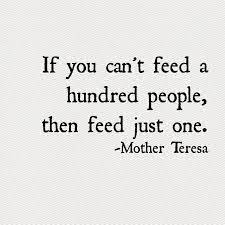

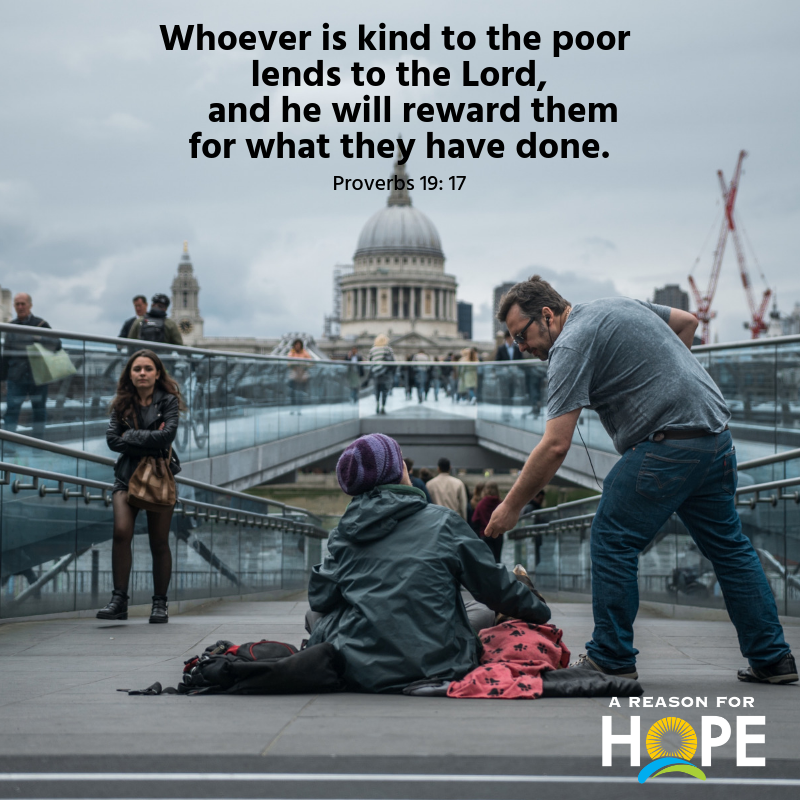

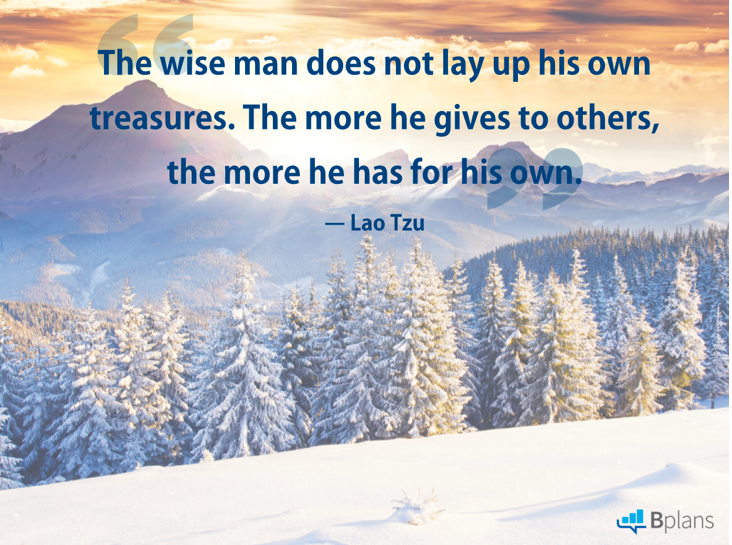

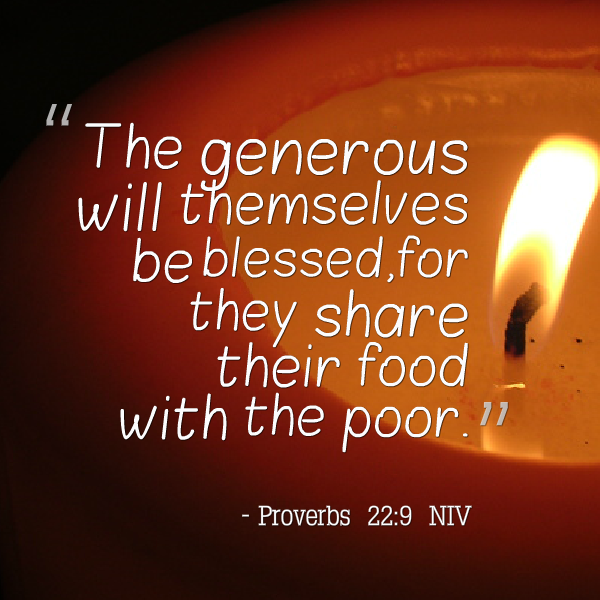

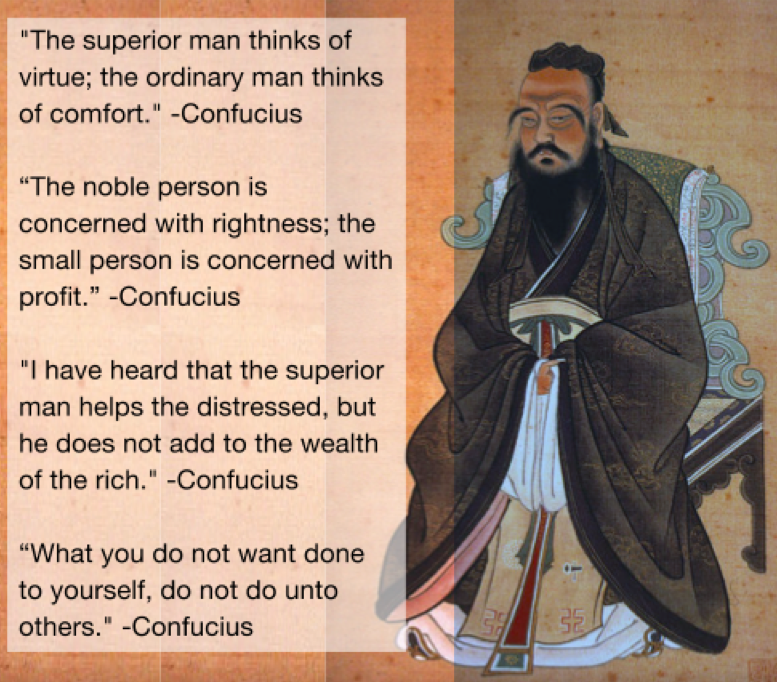

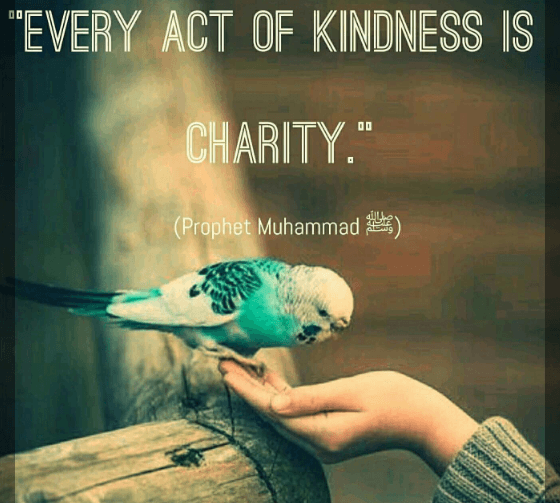

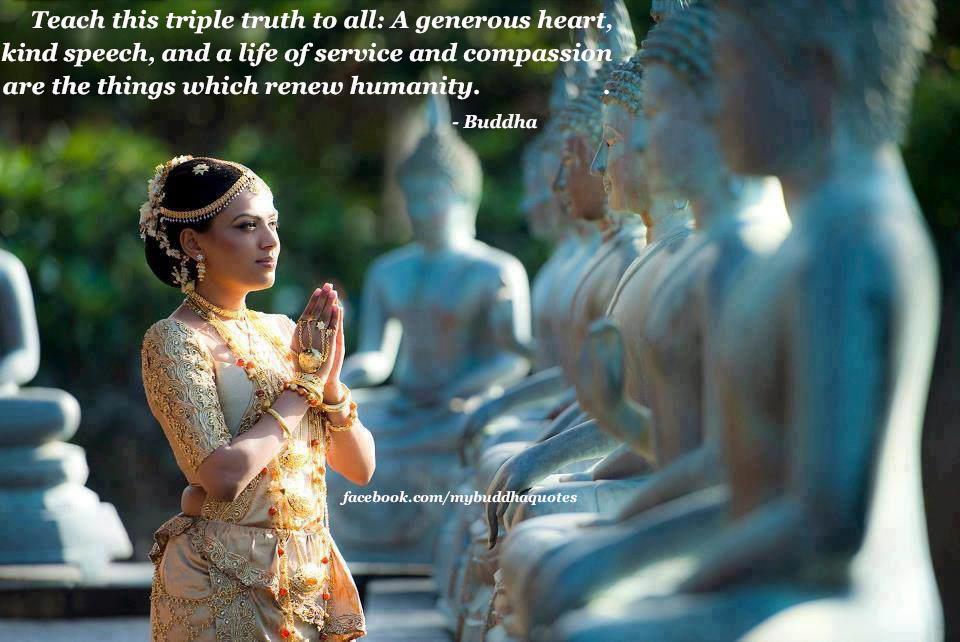





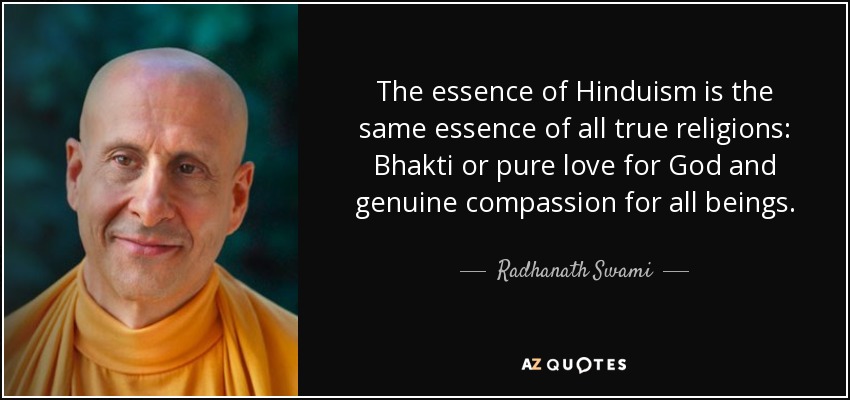



Comments